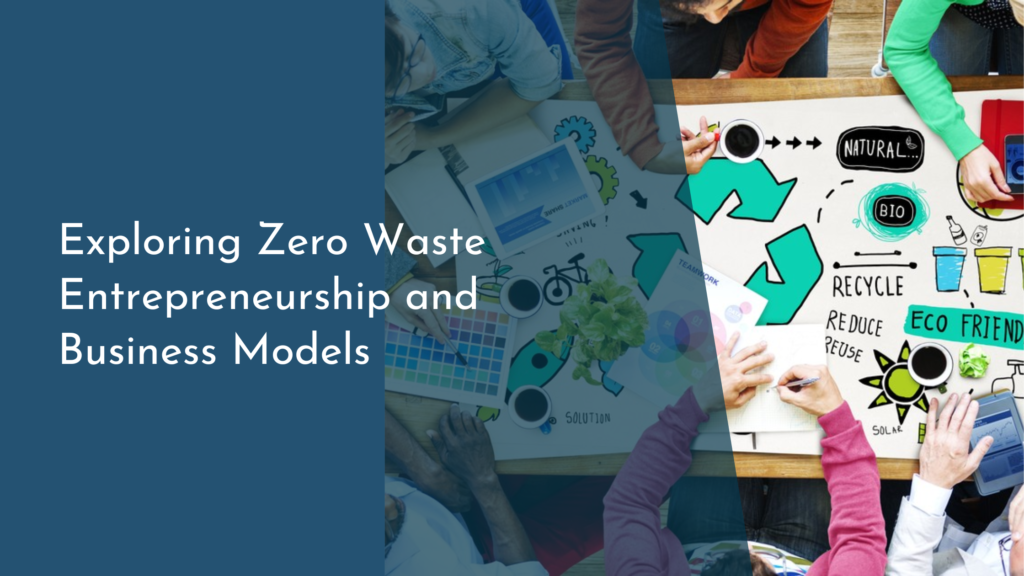Supporting Sustainable Urban Childcare Centers
In an increasingly urbanized world, the need for sustainable practices in every sector has become paramount, especially in childcare. Urban childcare centers are often at the forefront of shaping young minds, and by integrating eco-friendly principles into their operations, they can instill a sense of environmental stewardship in children from an early age. Supporting sustainable urban childcare centers not only benefits the environment but also enriches the learning experiences of our little learners. Let’s explore how these centers can create eco-friendly spaces, engage families, and involve the community in building a greener future.
Creating Eco-Friendly Spaces for Little Learners
Creating eco-friendly spaces in urban childcare centers is essential for promoting sustainability. Utilizing materials such as non-toxic paints, sustainable wood, and recycled furniture can significantly reduce the environmental footprint of these facilities. Additionally, incorporating natural elements like plants and outdoor learning areas allows children to connect with nature, fostering curiosity and appreciation for the environment. Features such as solar panels, rainwater harvesting systems, and energy-efficient appliances can make these centers not only greener but also more cost-effective in the long run.
Moreover, eco-friendly design can enhance the learning environment for children. Natural light, proper ventilation, and the use of green spaces can improve children’s focus and well-being. By integrating play areas that utilize natural materials, centers can encourage imaginative play while teaching children about biodiversity. This holistic approach to design not only nurtures curiosity but also lays the foundation for a healthier lifestyle as children learn the importance of nature and sustainability.
Engaging Families in Sustainable Childcare Practices
Involving families in sustainable practices is crucial for the success of urban childcare centers. Parents play a vital role in reinforcing the values taught at the center by incorporating eco-friendly habits at home. Centers can host workshops on topics such as composting, recycling, and sustainable food practices, empowering families to create a consistent message about sustainability. By encouraging families to participate in initiatives like community clean-ups or gardening projects, centers can foster a sense of belonging and shared responsibility for the environment.
Additionally, communication between childcare providers and families is essential. Regular newsletters, social media updates, and community meetings can keep families informed about sustainability efforts and provide tips for eco-friendly living. When families see the positive impact of these practices in their children’s lives, they are more likely to adopt similar behaviors at home. This collaboration creates a supportive network that reinforces the importance of sustainability, ensuring that eco-friendly values are passed down through generations.
The Benefits of Green Facilities for Urban Children
Green facilities provide numerous benefits for urban children, significantly enhancing their overall development. Research shows that children who spend time in eco-friendly environments exhibit improved cognitive function, creativity, and social skills. By interacting with nature, children develop a deeper understanding of ecosystems, sustainability, and the importance of protecting our planet. These experiences foster a sense of responsibility and empower children to become proactive stewards of the environment.
Moreover, sustainable childcare centers often promote healthier lifestyles. With a focus on organic and locally-sourced food, children can learn the importance of proper nutrition while enjoying fresh meals. Outdoor play areas that incorporate natural elements encourage physical activity and exploration, helping combat the rise of sedentary lifestyles among urban children. Ultimately, these benefits contribute to the overall well-being of children, enabling them to thrive in a world that increasingly prioritizes sustainability.
Community Involvement: Building a Greener Future Together
Community involvement is a cornerstone of supporting sustainable urban childcare centers. By actively engaging local organizations, businesses, and residents, childcare centers can create a collaborative environment that promotes sustainability. Partnerships with local farms can provide fresh produce for meals, while local environmental groups can offer educational resources and support for eco-friendly initiatives. These collaborations enrich the experience for children, exposing them to a wider network of sustainable practices and inspiring them to take action in their own communities.
Furthermore, community involvement fosters a sense of ownership and pride among residents. When families participate in the development and upkeep of their childcare centers, they are more likely to advocate for sustainability within the broader community. Organizing events such as eco-fairs, tree-planting days, or sustainability workshops can create a vibrant culture of environmental awareness. By working together, communities can build a greener future for all, ensuring that the values of sustainability are woven into the fabric of urban life.
Supporting sustainable urban childcare centers is not just about creating eco-friendly spaces; it’s about fostering a culture of sustainability that can shape future generations. By engaging families, reaping the benefits of green facilities, and involving the community, we can create a nurturing environment for our little learners. Together, we can build a greener future, ensuring that children grow up with an appreciation for the planet and the skills necessary to protect it. Let’s continue to support these initiatives and watch as our urban landscapes transform into thriving, sustainable hubs for learning and growth!

